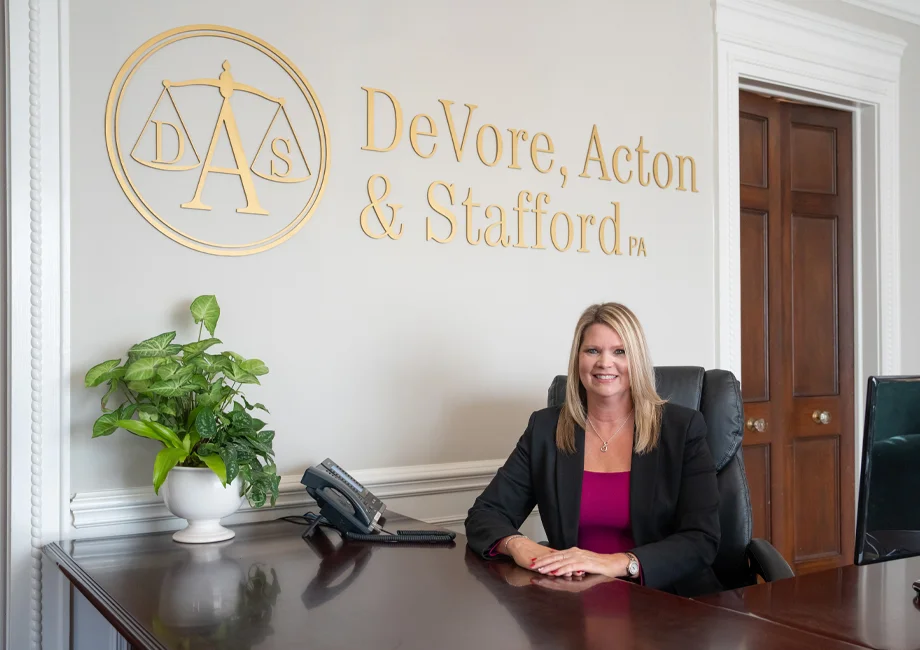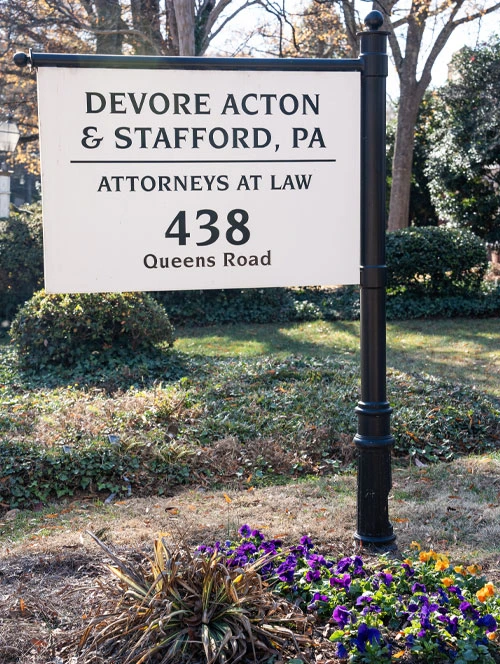What to do after an accident with an uninsured driver

Though we all do our best to drive safely, accidents can occur even when you were driving carefully. When this happens, most advice instructs you to exchange insurance information with the other driver so that the at-fault driver’s insurance can pay the damages. But what do you do when the other driver does not have car insurance?
Here are some things to consider if you find yourself involved in an accident with an uninsured driver.
Beyond minimum limits for bodily injury and property damage, North Carolina law also dictates that all drivers must carry uninsured motorist coverage. This type of coverage can help in an incident with an uninsured motorist by allowing your insurance to assist. Your insurance can help cover the costs of both bodily injury and property damage when this coverage is in place, but the amount that your insurance can contribute depends on the limits of your policy. The use of uninsured coverage alone should not impact your premiums.
You might also be involved in an accident where even though the other driver has some automobile insurance coverage, the coverage is insufficient to cover the losses and injuries you sustained. This is called an underinsured driver.
What is the difference between uninsured and underinsured?
Uninsured drivers do not have car insurance policies protecting themselves and their vehicles. An underinsured driver may have a car insurance policy that complies with the minimum state requirements but is not enough to cover the full cost of the accident.
In North Carolina, you have the option of purchasing underinsurance protection in your automobile insurance policy. We strongly encourage everyone to purchase underinsurance coverage. You can buy up to one million dollars of underinsurance protection.
When you have been involved in an accident, it is always best to gather as much information from the other driver as possible. Some specific information that may be helpful includes the following:
- Name
- Contact information (especially phone number)
- Driver’s license number
- Exchange insurance information (if the other driver has insurance)
- License plate number
- Photographs of the damage to the vehicles and location of the accident
It is also smart to contact your insurance provider as soon as possible. There are a number of reasons to call quickly. You will have the best chance of remembering all the relevant details of the accident, and you will avoid any limitations on the time windows for making a claim that your insurance carrier has.

request your consultation
"*" indicates required fields



